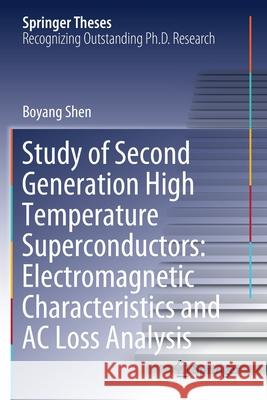Study of Second Generation High Temperature Superconductors: Electromagnetic Characteristics and AC Loss Analysis » książka
topmenu
Study of Second Generation High Temperature Superconductors: Electromagnetic Characteristics and AC Loss Analysis
ISBN-13: 9783030580605 / Angielski / Miękka / 2021 / 194 str.
Study of Second Generation High Temperature Superconductors: Electromagnetic Characteristics and AC Loss Analysis
ISBN-13: 9783030580605 / Angielski / Miękka / 2021 / 194 str.
cena 402,53
(netto: 383,36 VAT: 5%)
Najniższa cena z 30 dni: 385,52
(netto: 383,36 VAT: 5%)
Najniższa cena z 30 dni: 385,52
Termin realizacji zamówienia:
ok. 22 dni roboczych.
ok. 22 dni roboczych.
Darmowa dostawa!
Kategorie:
Kategorie BISAC:
Wydawca:
Springer
Język:
Angielski
ISBN-13:
9783030580605
Rok wydania:
2021
Ilość stron:
194
Waga:
0.27 kg
Wymiary:
23.39 x 15.6 x 1.04
Oprawa:
Miękka
Wolumenów:
01
Dodatkowe informacje:
Wydanie ilustrowane











